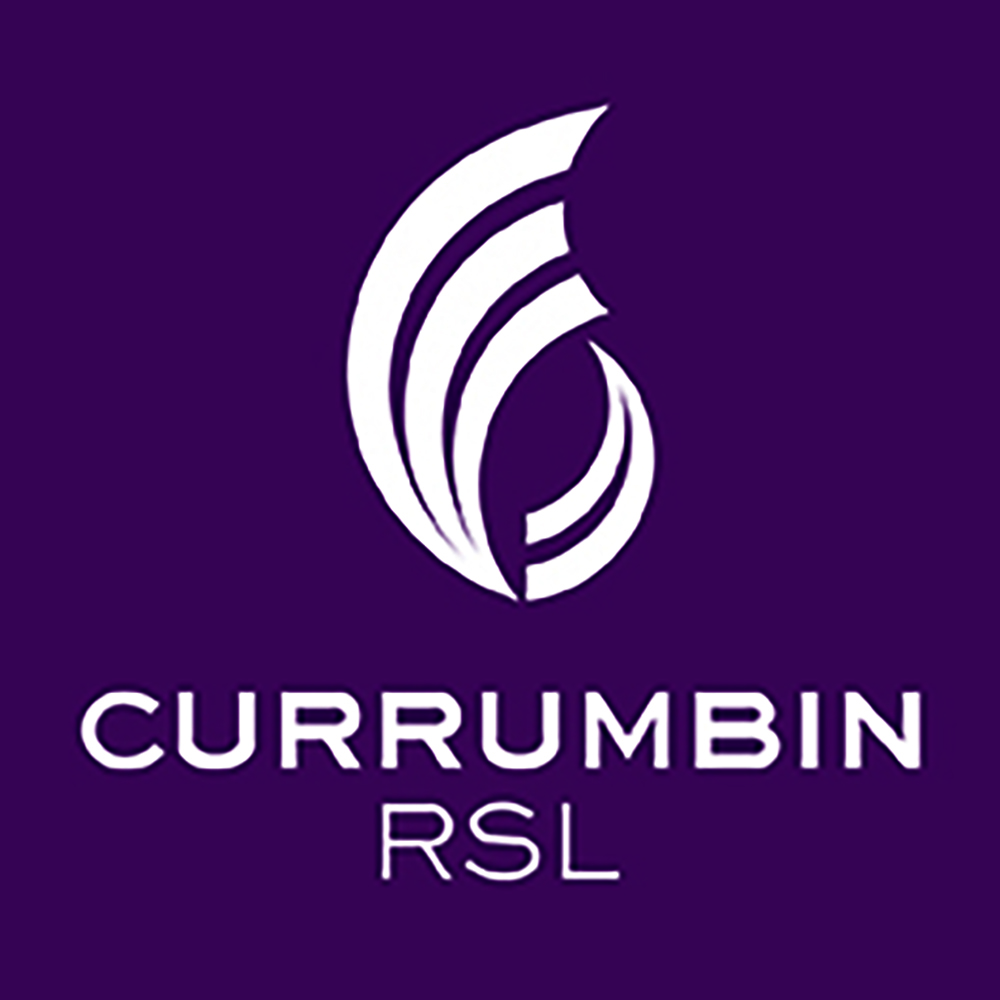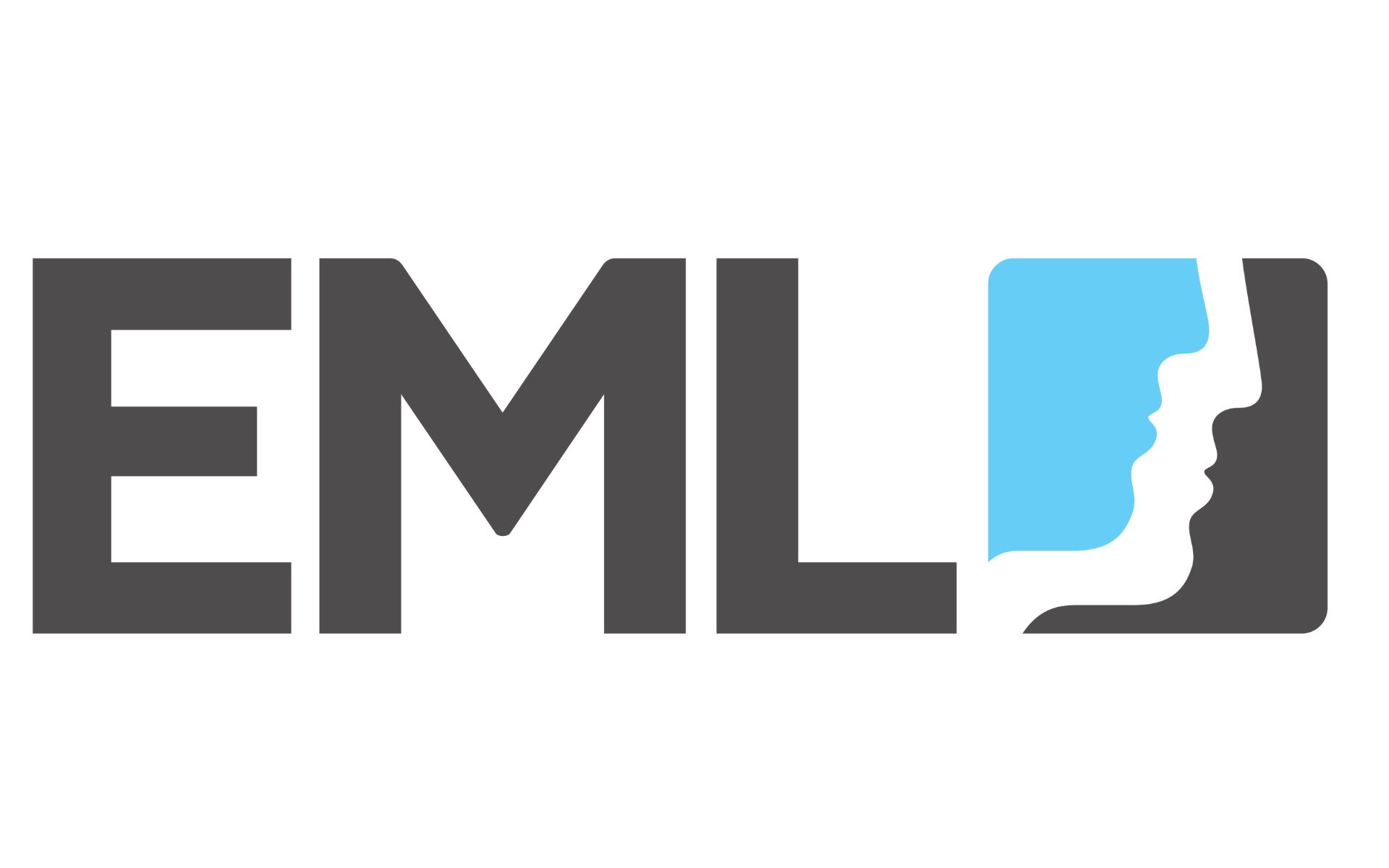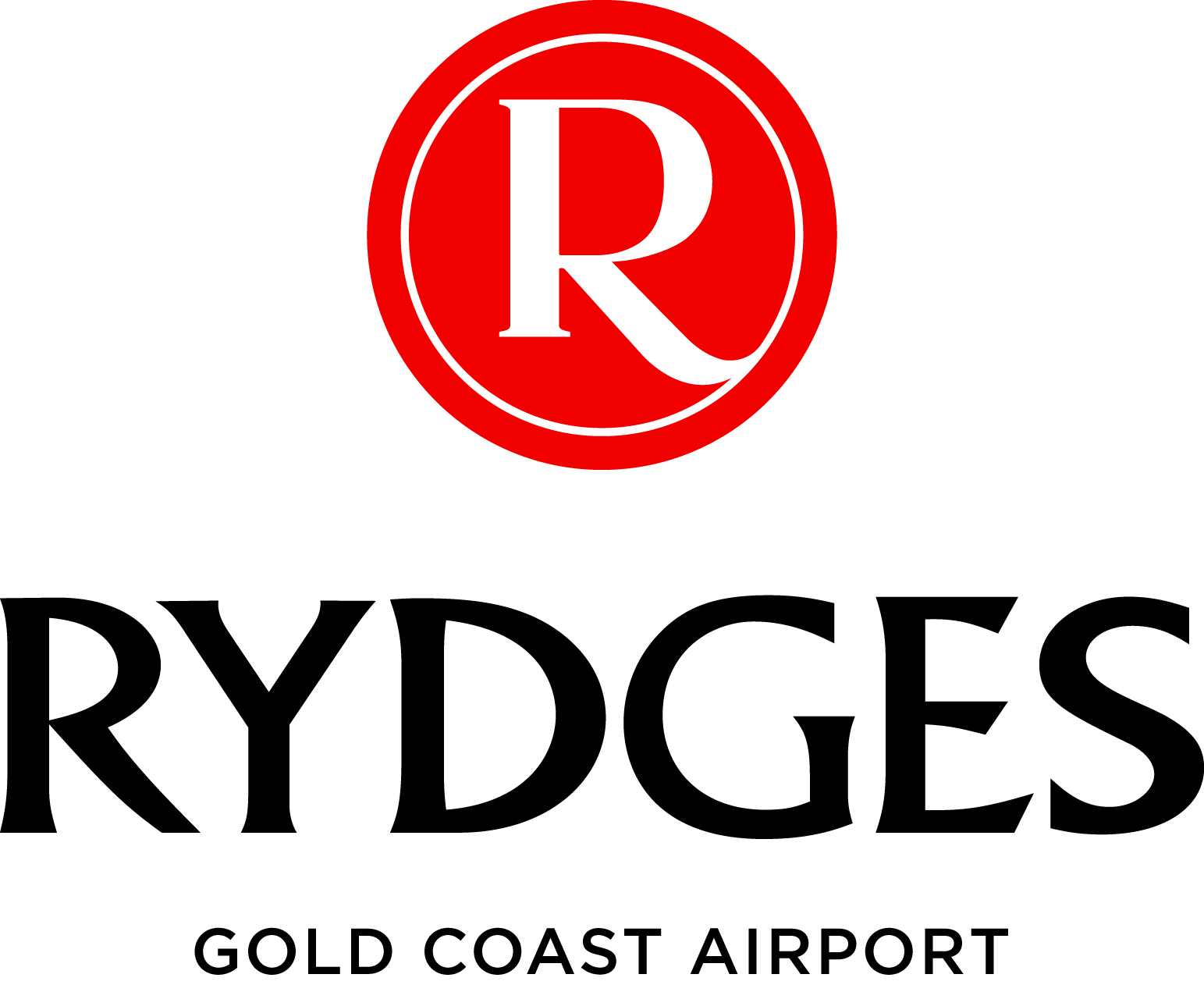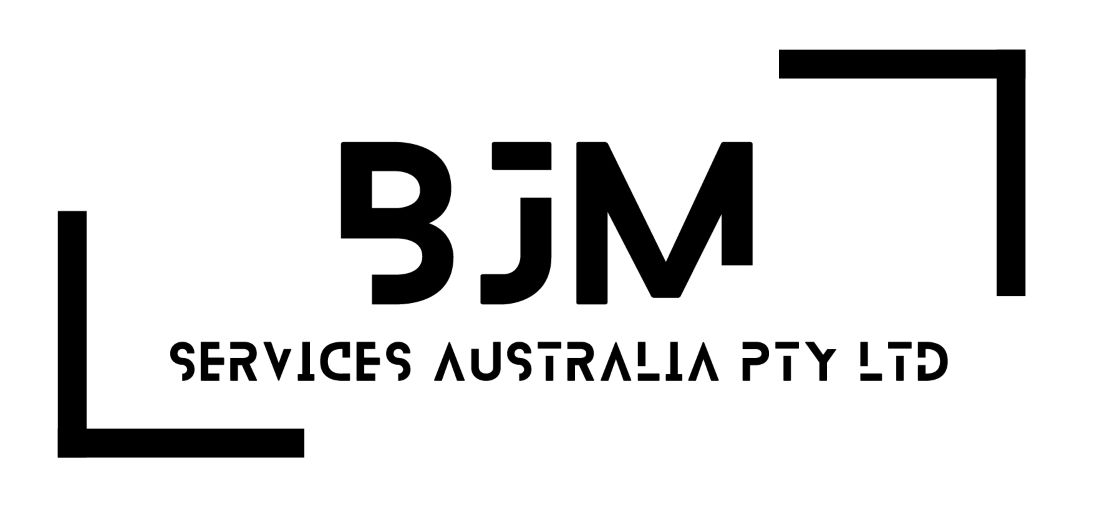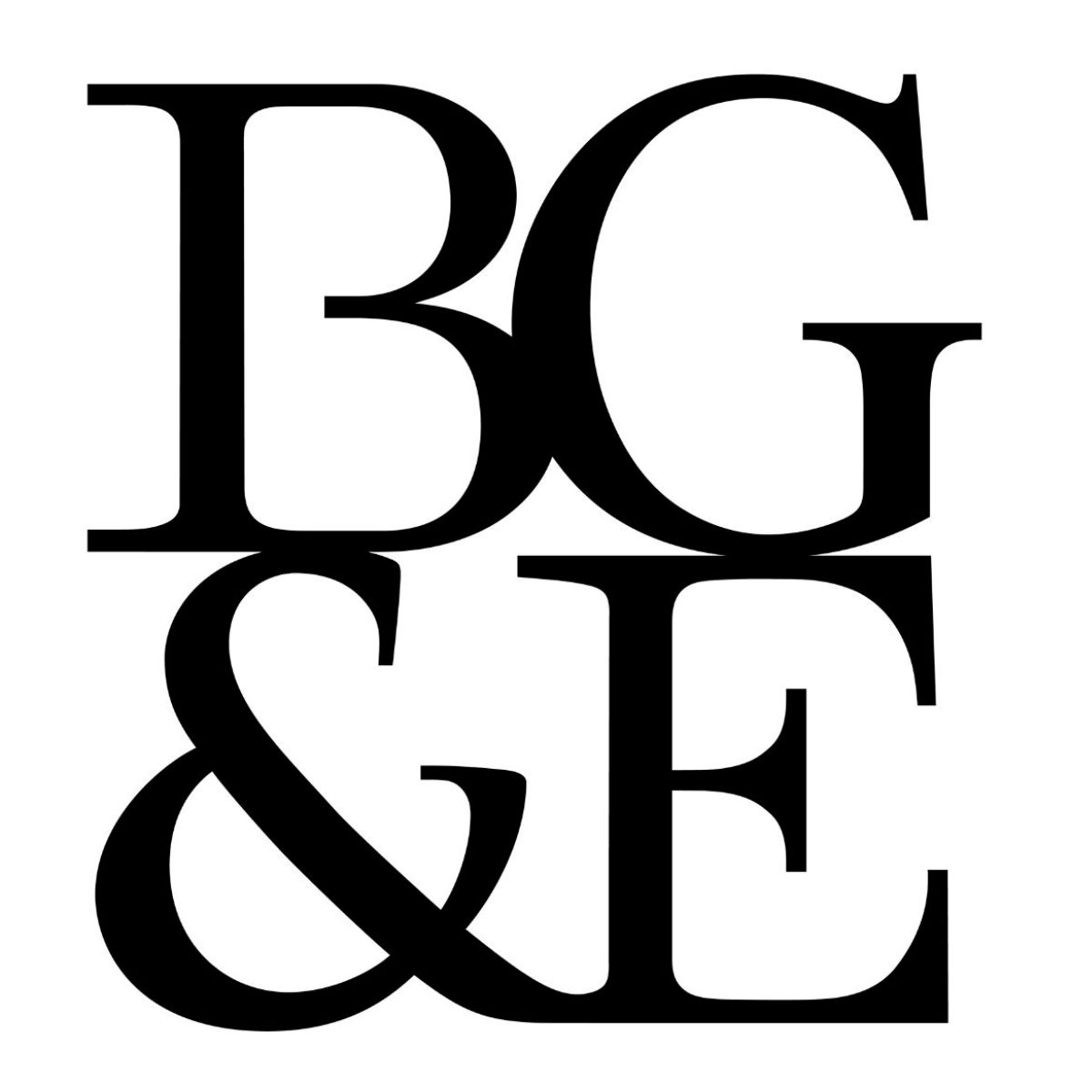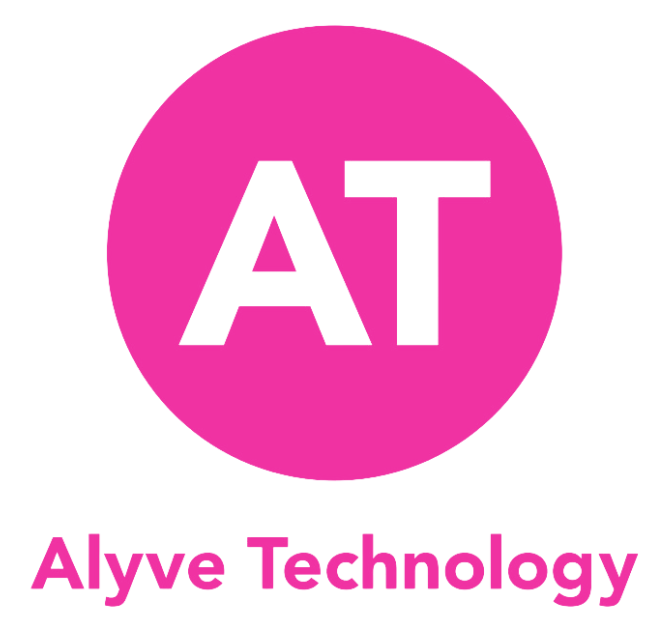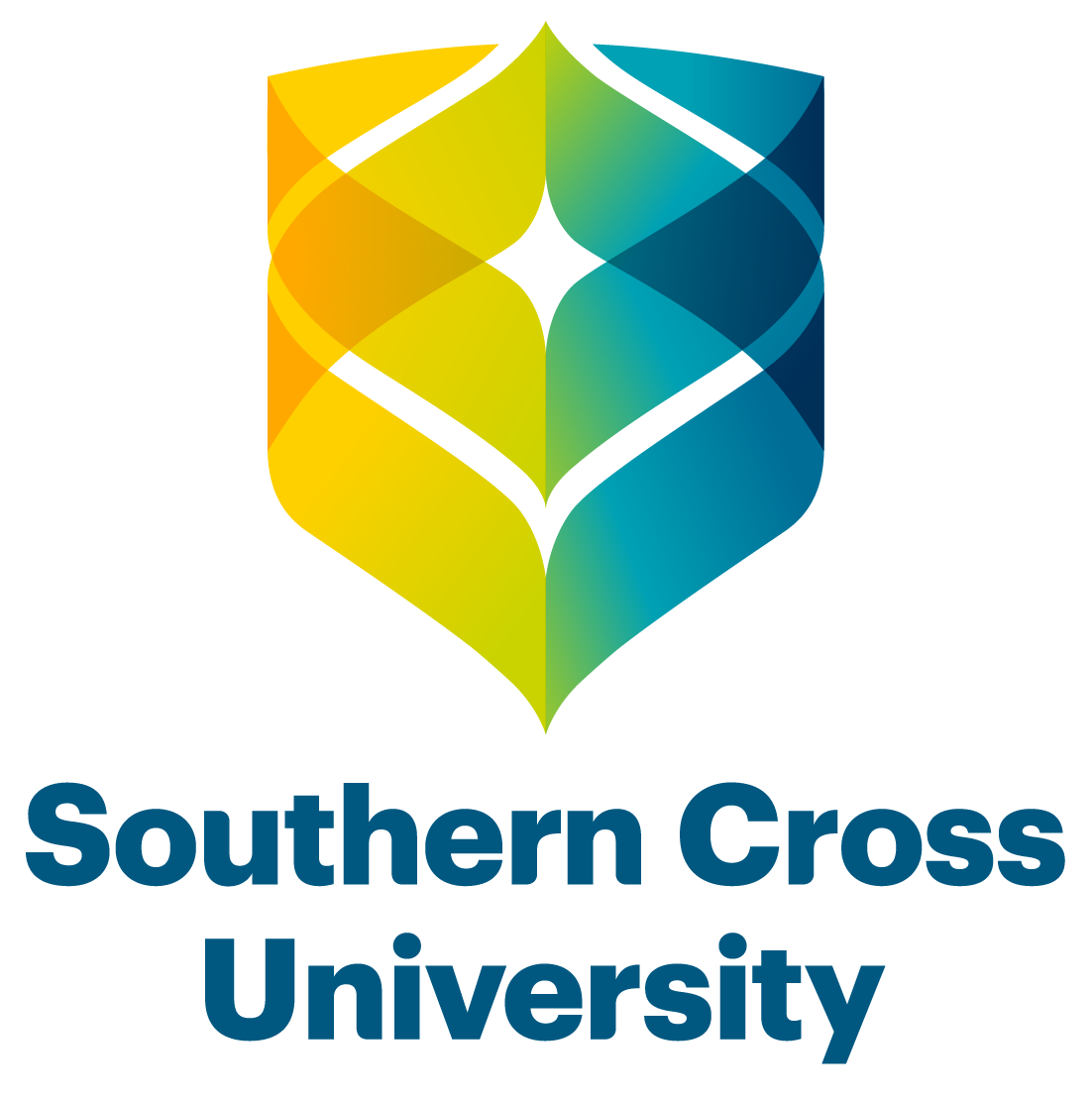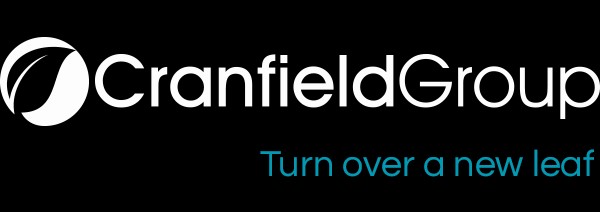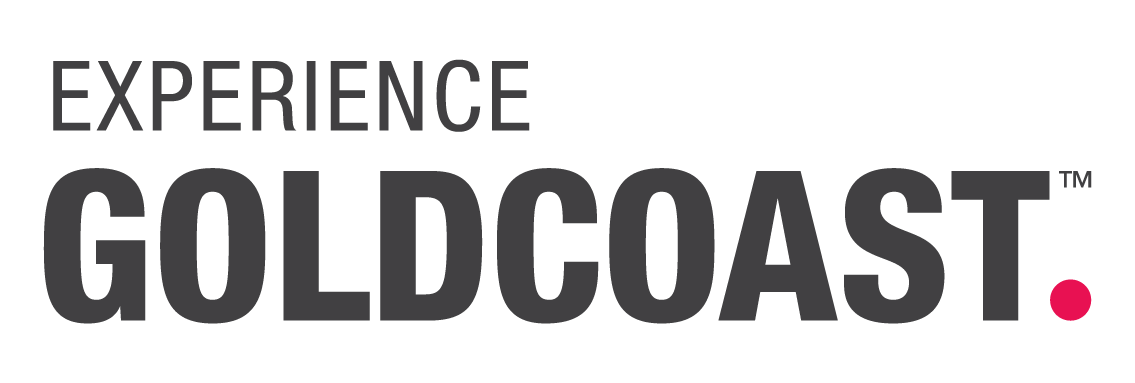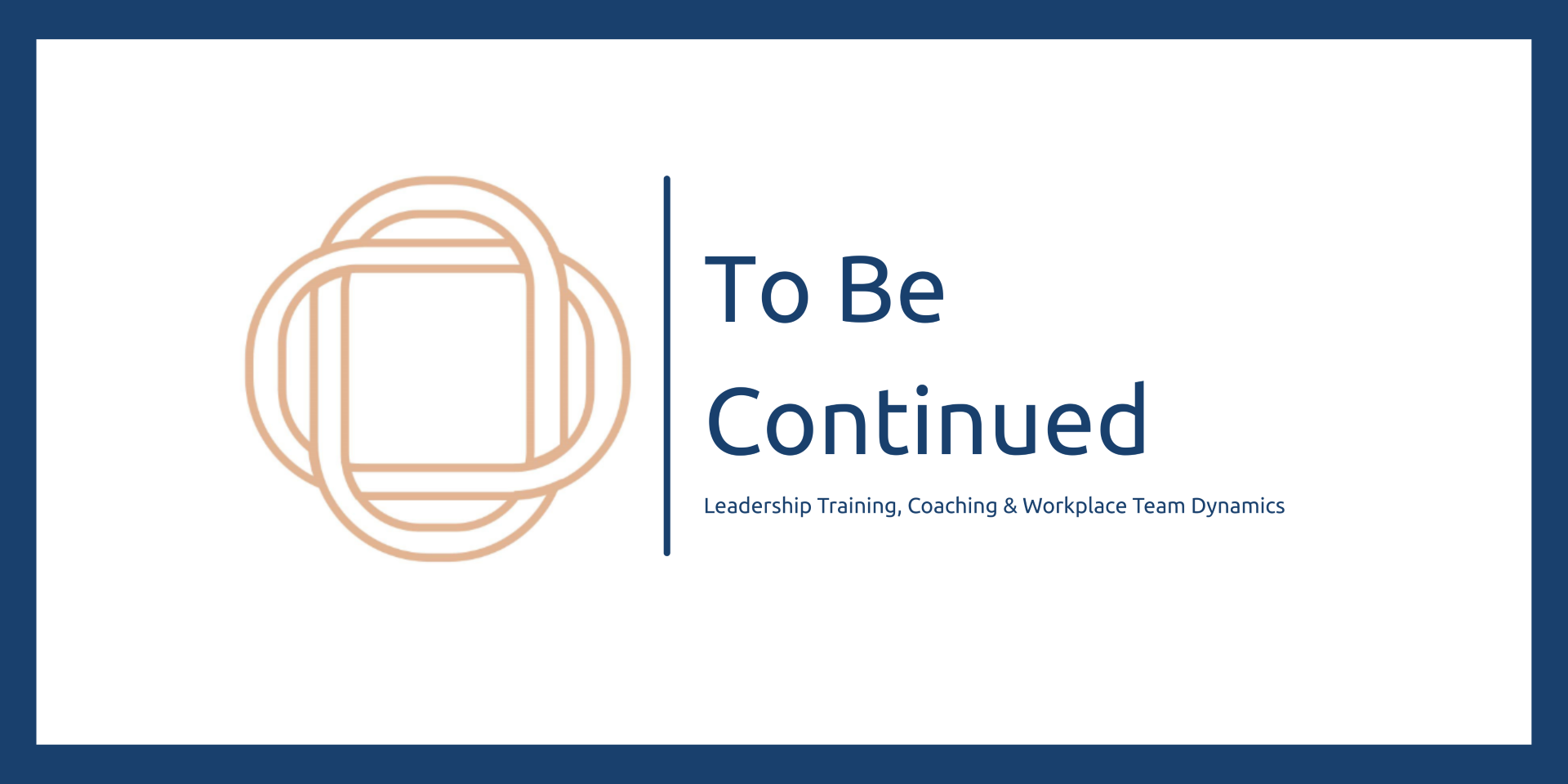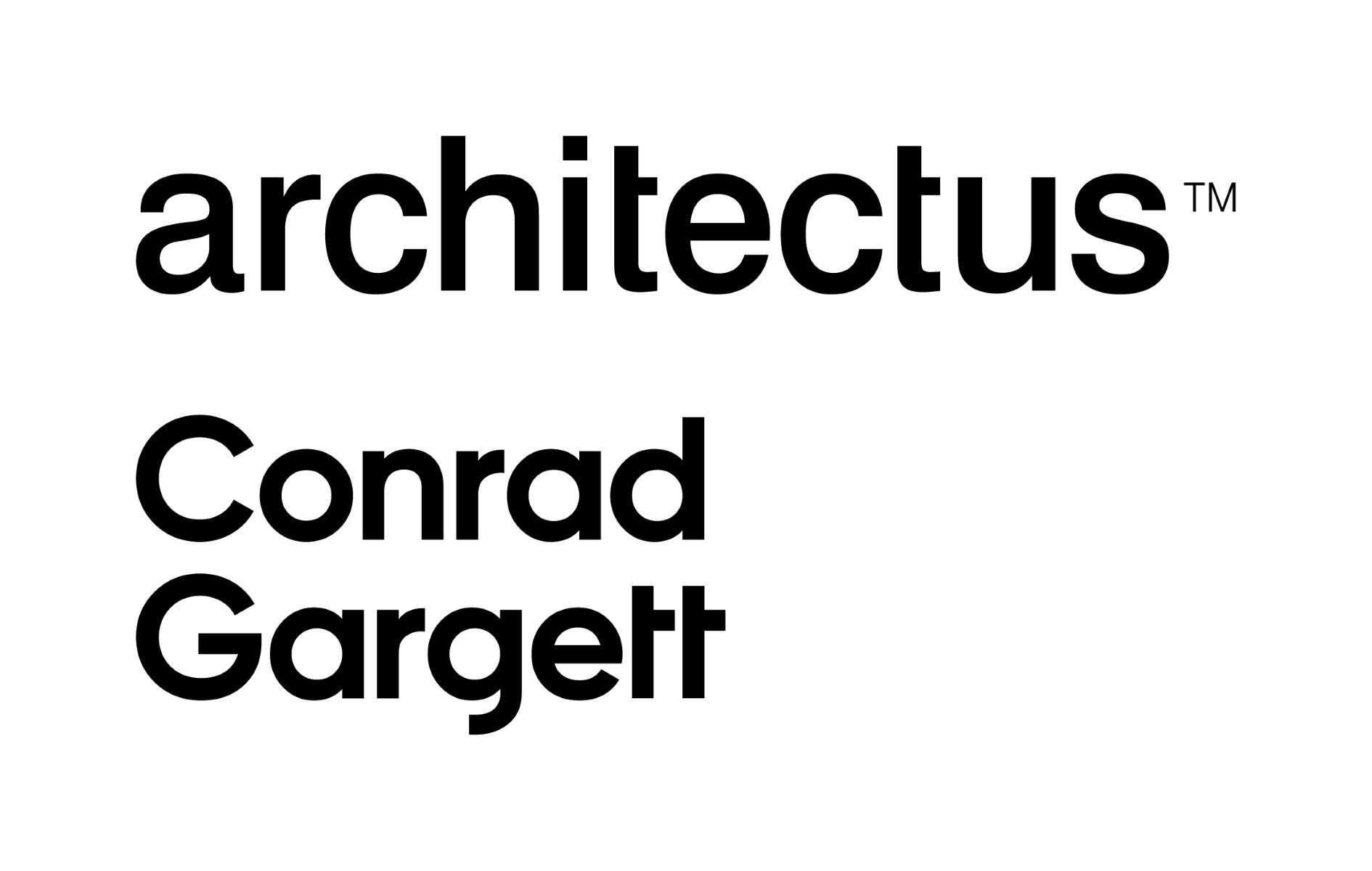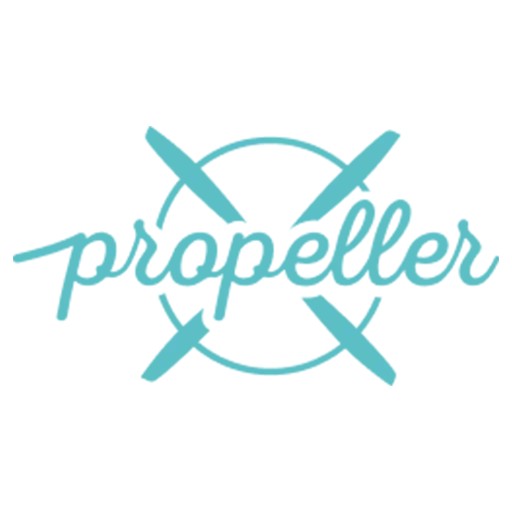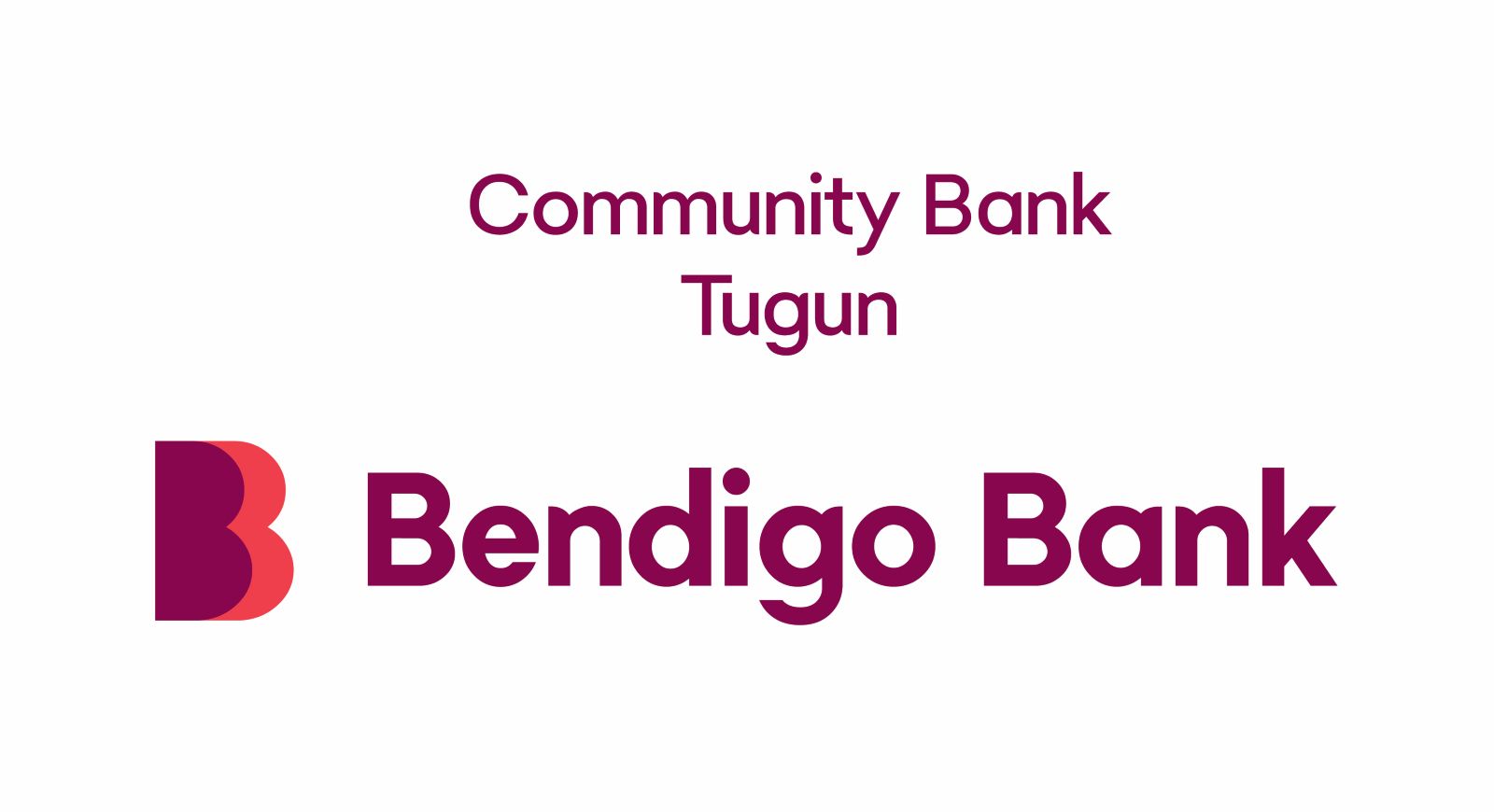Restrictions ease but contact tracing is here to stay
Check out the latest news on important contact tracing changes and see why sticking to your COVID-Safe plan is more important now than ever.
With the recent easing of Brisbane Lockdown and with Queensland having not recorded a community case of COVID-19 since January 7, it's easy to relax your guard and forget the important role contact tracing plays. And with the Australia Day long weekend hot on our heels its easy for businesses to relax their rules and forget about that pesky covid tracing. The chamber is here to remind members that such an error of judgement could result in a $6,672 fine for a failure to collect and/or produce contact tracing information.
We get it, every day across Queensland, businesses and their staff face criticism from customers who object to having to leave their contact information. It is important to note that individuals failing to comply with contact tracing requirements could face a fine of $1,334.
Though the recent relaxing of Brisbane restrictions don't mean the end of contact tracing it's important to note that you must collect contact information about all guests and staff at the time of entry and store it for contact tracing purposes for a period of minimum of 30 days and a maximum of 56 days. Hospitality venues such as pubs, clubs and cafes, must collect this information electronically. Collection of contact information is not required for takeaway or home delivery.
For each patron, this information must include:
- Full name
- Phone number
- Email address (residential address if unavailable)
- Date and time period of patronage
To capture the time period, businesses must keep a person’s ‘in-time’ and either the person’s ‘out-time’, have policies that restrict time periods (for example, a two-hour table limit) or inform the person they are more likely to be contacted by authorities in the event of contact tracing if an ‘out-time’ is not provided.
here is no single method for collecting and storing contact tracing information, this is a decision for the individual business. However, hospitality venues such as pubs, clubs and cafes, must collect and store all records electronically. High quality, accurate and well-organised contact information will assist public health officers to contain and respond to the spread of COVID-19 within the community.
Poor practices associated with the collection, storage and production of contact information will likely hamper contact tracing and may result in a breach of the public health direction. Haste, carelessness or inappropriate collection methods may also result in threats to personal information.
Requirements for keeping suitable contact information:
- Advise patrons it is a condition of entry to leave their contact information.
- Have a clear and consistent method for keeping, storing, producing and destroying contact information. Ensure this method is discussed with all staff.
- Contact information is required from each patron, not a single patron within a group.
- Businesses must take reasonable steps to ensure the contact information collected is accurate.
- Review details provided by patrons to ensure there are no missing fields or clearly false or misleading information.
- Contact information must be stored such that it cannot be reviewed or tampered with by other patrons (e.g. a running list kept permanently on a dining table is not suitable).
- Contact information must be stored in a manner that facilitates efficient retrieval for a specified date and/or time (e.g. batched per day).
Examples of unsuitable methods of keeping contact information:
- A notebook stored at the front counter that relies on patrons to voluntarily provide contact information without verification from staff.
- An application where the business has little or no control over producing information within one hour.
- A sheet of paper and pen permanently kept at a table and is collected at the close of business each day.


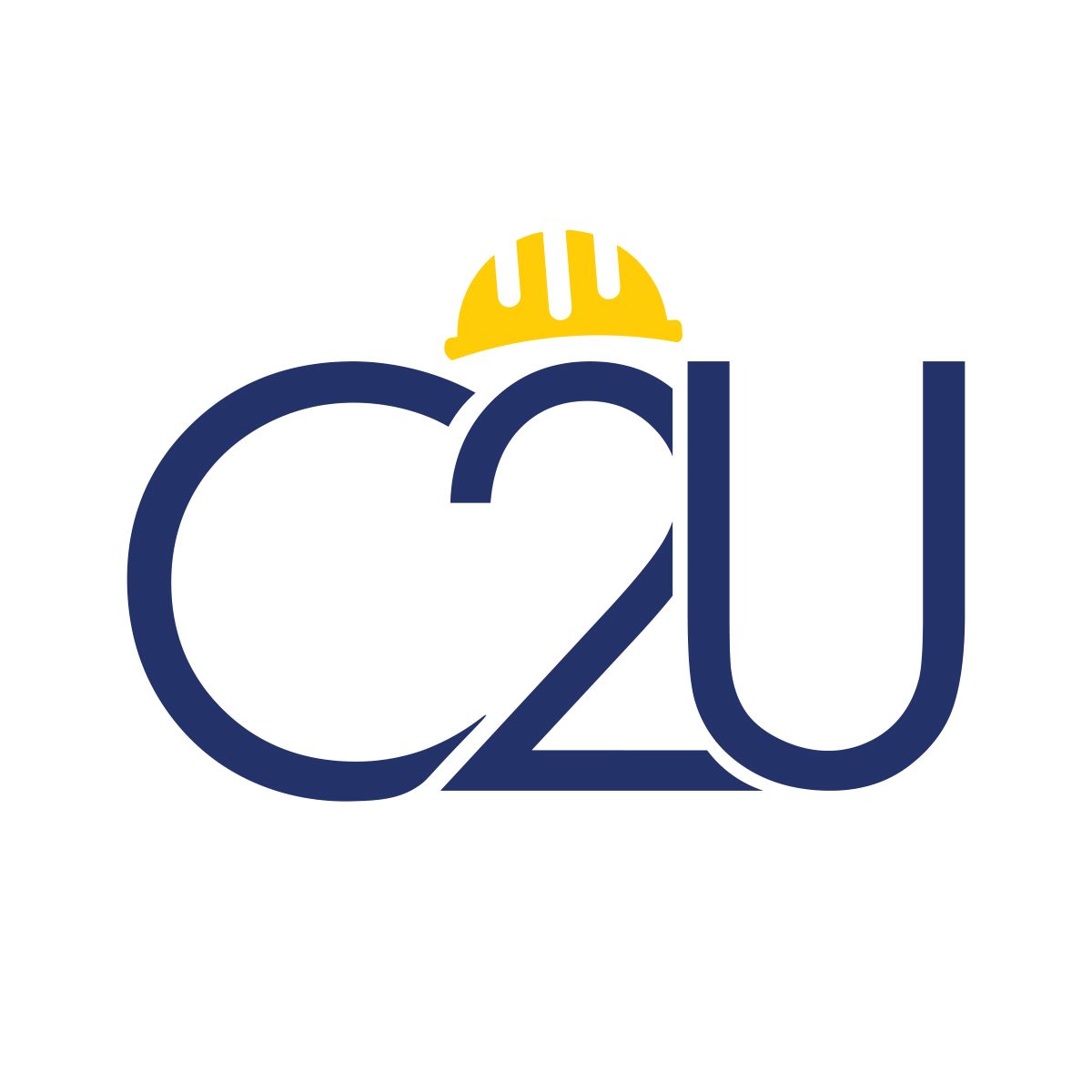

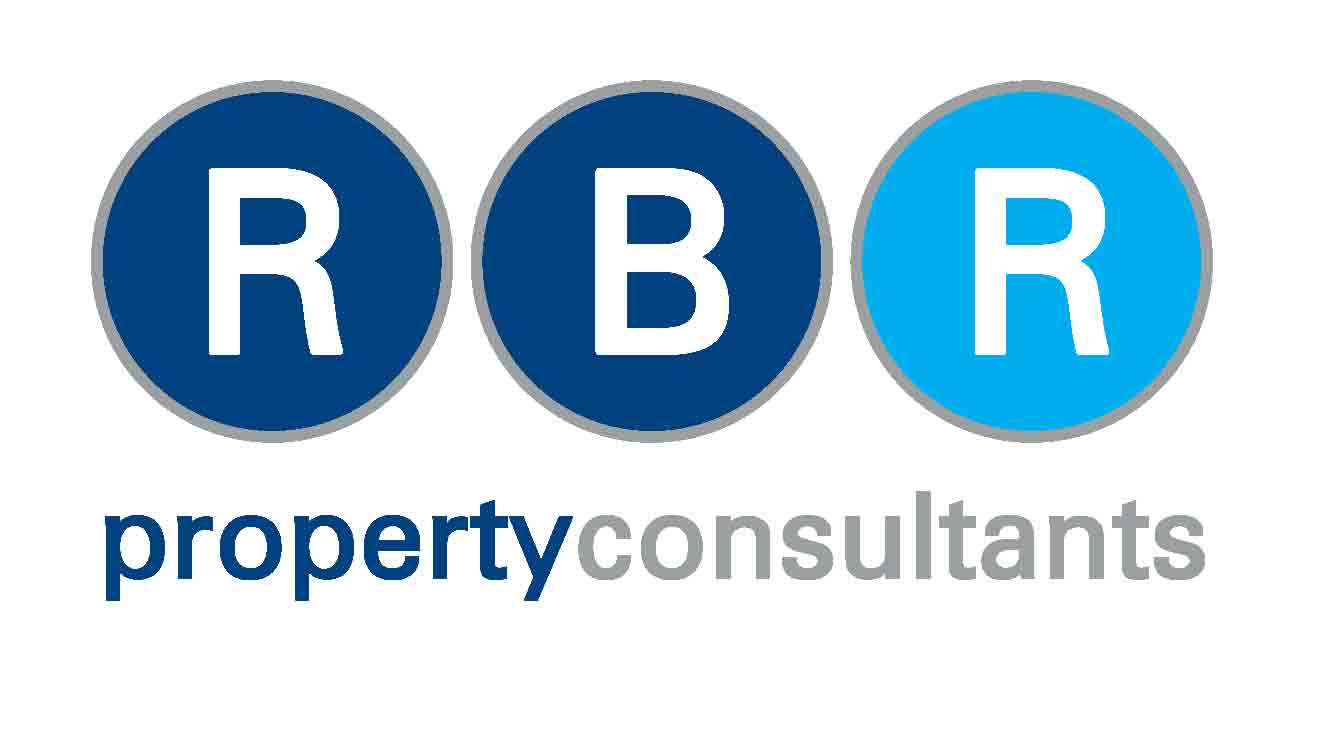




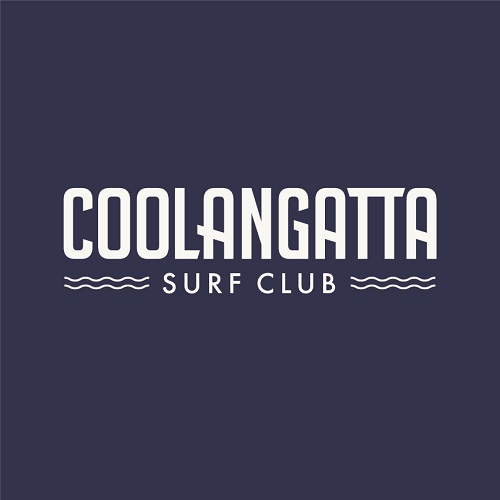


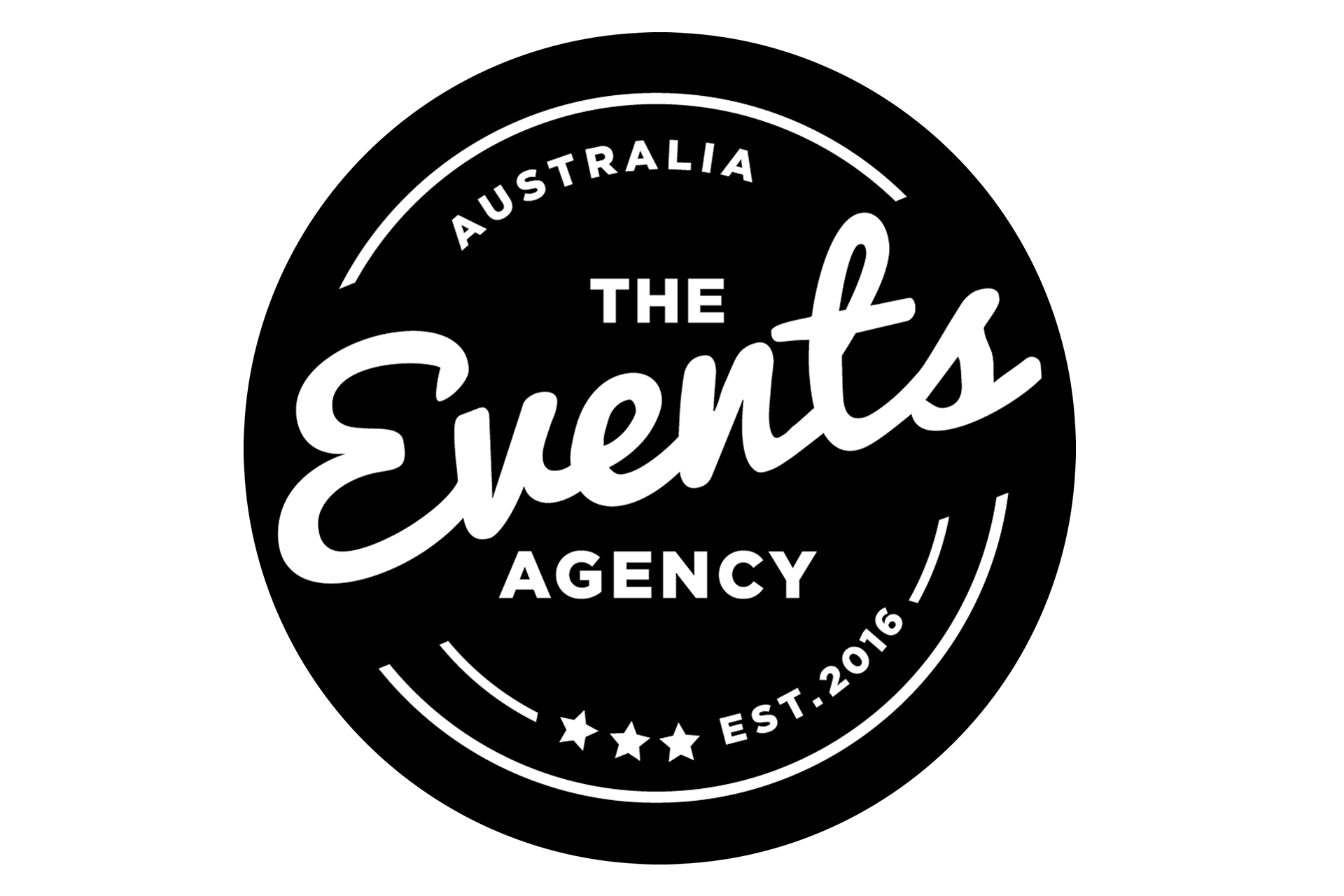
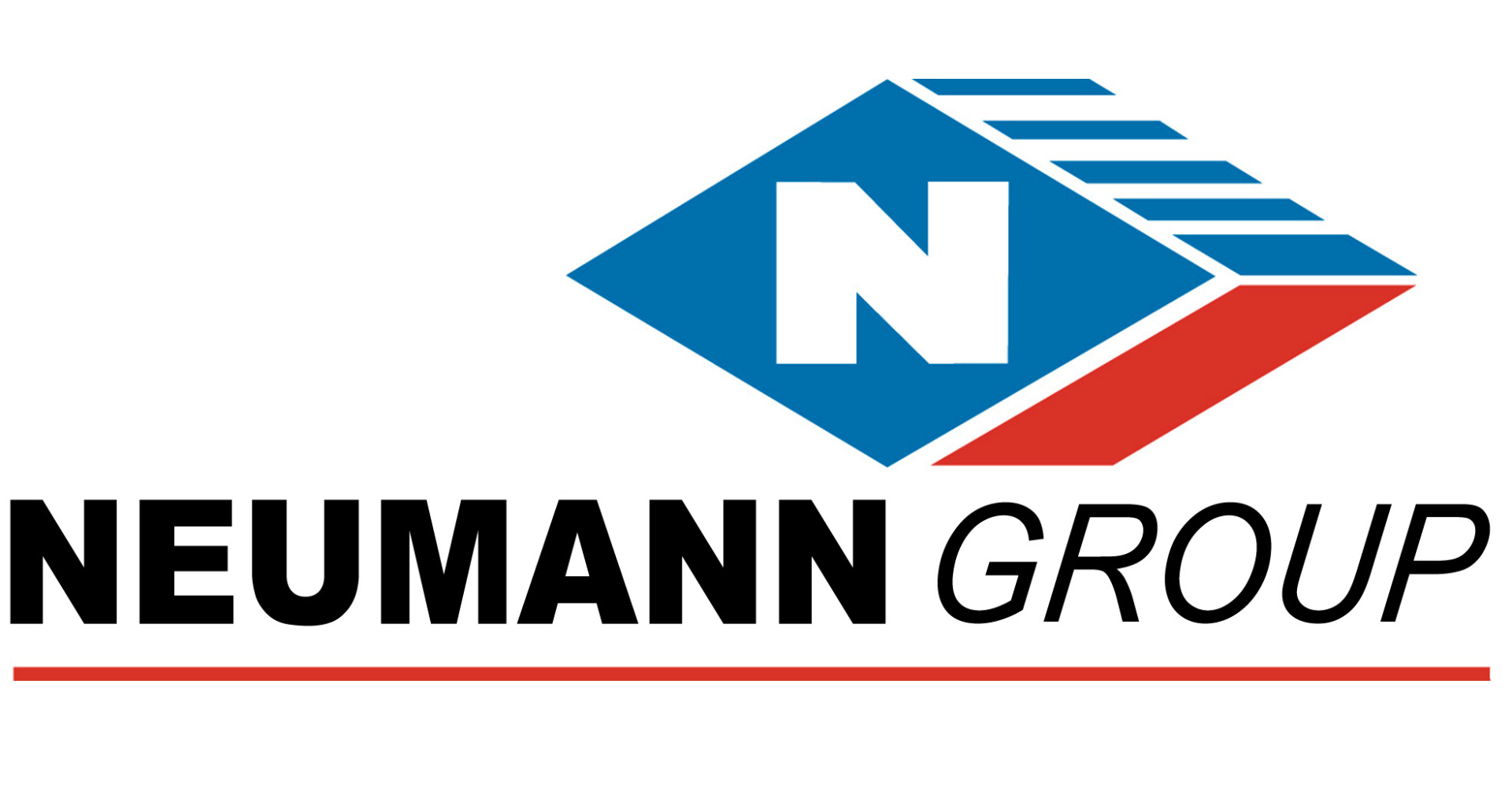
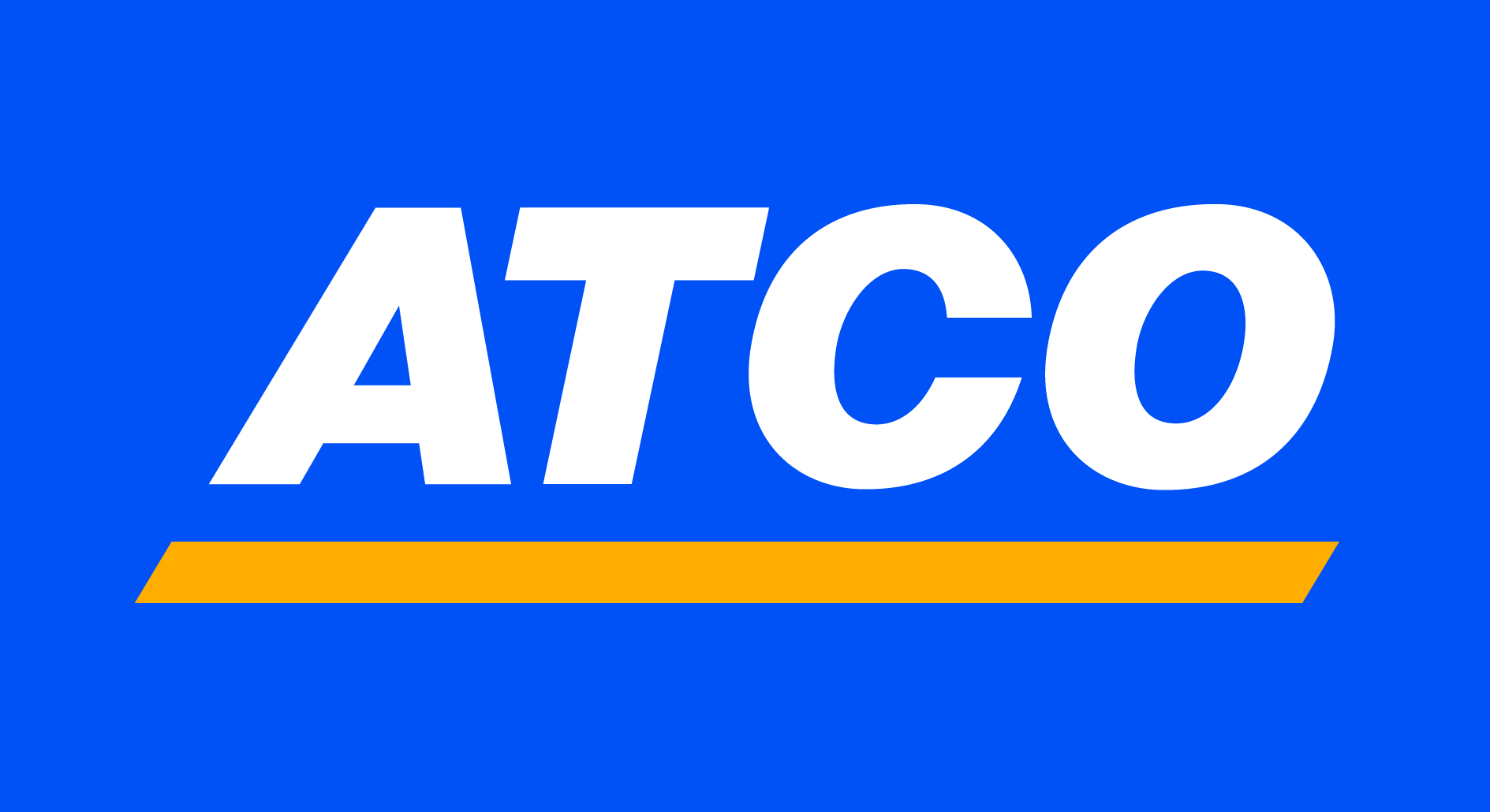
.jpg)

